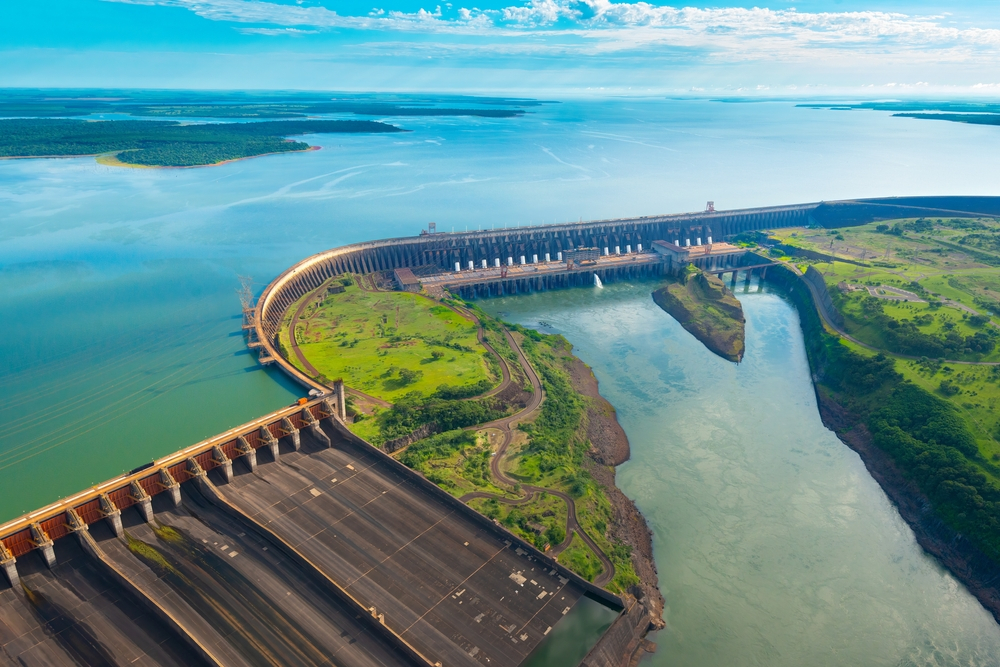The Transformation of Brazil’s Energy Sector: Opportunities and Challenges

Practical information
Themes and regions
Related centers and programs
Brazil has announced at COP 26 its intention to achieve net zero emissions by 2050 and eliminate illegal deforestation by 2028. With this new commitment from the government of Jair Bolsonaro, Brazil is entering a new phase which aims to end three years of climate diplomacy isolation due to its environmental (mis)management, particularly in the Amazon rainforest.

The Brazilian government has carried out profound reforms in the country's energy system, opening up the electricity and gas sectors to private initiative. With a thriving oil and gas industry, renewables, especially wind power, are expected to advance rapidly over the next decade, positioning Brazil as a particularly attractive country for investment opportunities. However, the country's deforestation-related water crisis is jeopardizing agricultural production as well as hydroelectric generation and flying rivers, exposing the country's vulnerabilities to climate change. Brazil, a key country in the fight against climate change, represents both the opportunities and risks involved in this historic mission.
Introduction:
- Setting the scene: Joerg Husar, Latin America Program Manager, International Energy Agency (IEA)
- The macro economic situation: Jean Louis Martin, Economist
Speakers:
- Thiago Ferreira Barral, Executive President at the Brazilian Energy Research Office (EPE)
- Rafaela Guedes, Senior Fellow at Brazilian Center for International Relations (CEBRI), Responsible for the Energy Group
- Amanda Ohara, Consultant at Instituto Clima e Sociedade (ICS)
Chair: Marc-Antoine Eyl-Mazzega, Director, Center for Energy & Climate, Ifri
By invitation only. The debate will be conducted in English.
Related Subjects
Other events

EV Supply Chains for Japan and Europe: Strengthening Economic Security
Economic security aims to ensure the resilience of supply chains for key industries: the case of electric vehicle production in Japan and Europe will be discussed.

From Ambition to Action: Exploring Technological Partnerships with India
The 16th EU-India Summit, held on January 27th in New Delhi with European leaders António Costa, Ursula von der Leyen, and Prime Minister Narendra Modi, marks a significant milestone in deepening EU-India relations. At the same time, official bilateral visits from EU member states are on the rise, including that of the French President, who visited India in February to participate in the Artificial Intelligence Summit. As India asserts its technological ambitions and seeks to reduce its dependence on China, Europe is stepping up its efforts to diversify its strategic partnerships.






